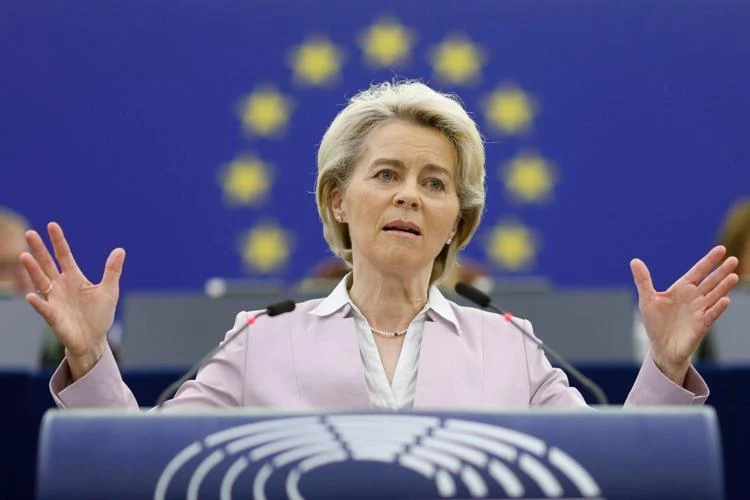European Union lawmakers say they have stepped up the fight against global warming by demanding deeper emission cuts from power plants, factories and planes in the EU.
The lawmakers were said to have advanced draft climate legislation that would slash the EU greenhouse gases by at least 55 per cent in 2030 compared with 1990 rather than by a previously agreed 40 per cent.
According to reports, the legislation among other things includes a tool that would allow the EU to raise the prices of some imported goods — including steel and aluminium — that are spared the climate-protection costs faced by manufacturers in the 27-nation bloc.
Read also: Foundation urges Nigerians to combat climate change, desertification
The lawmakers say that the overall goal is to put the EU on track to become climate-neutral in 2050 and to prod other major polluters, including the United States and China, to follow suit.
German lawmaker Peter Liese, who helped steer the package through the EU assembly in Brussels said of the move, “We are doing a big step for the climate,”. “We are doing the right thing.”
Non-profit group Germanwatch said the draft legislation didn’t go far enough and expressed disappointment over the plan to continue giving companies free emissions certificates for 10 years, albeit under stricter conditions.
Final approval of the legislative package, which has been on the table since July 2021, would require the European Parliament to iron out differences with the bloc’s national governments over various details, a process likely to last several more months.
The EU says it is seeking to maintain a leadership role in the worldwide battle against the increasingly frequent and intense heat waves, storms and floods caused by global warming.
The latest move is part of a clean-energy push that has gained political momentum because of Russia’s invasion of Ukraine, with the bloc pledging to wean itself off Russian fossil fuels no later than 2027.
The EU had announced that it agreed to ban imports of Russian coal starting in August and to impose an embargo on most oil from Russia gradually over the coming eight months.
Story was adapted from PBS News Hour.
